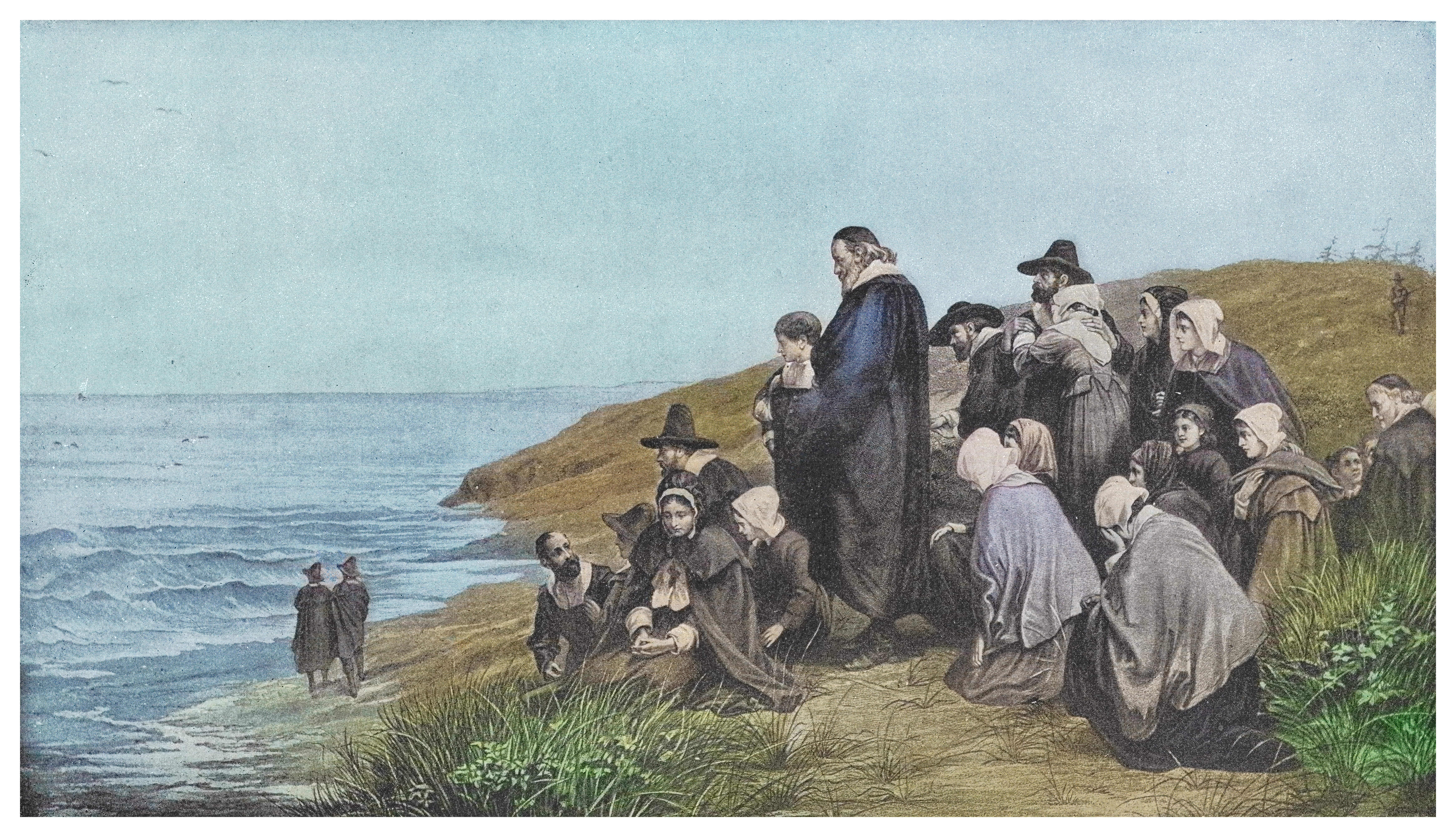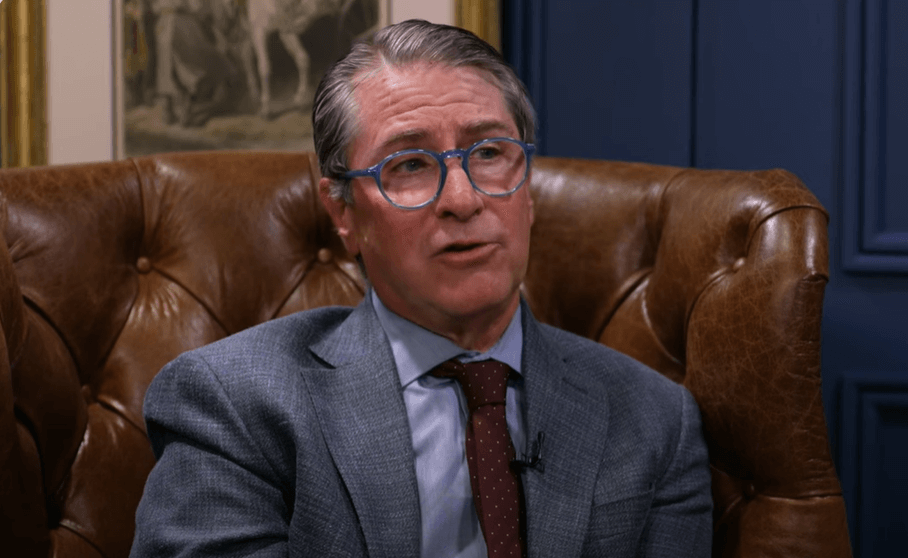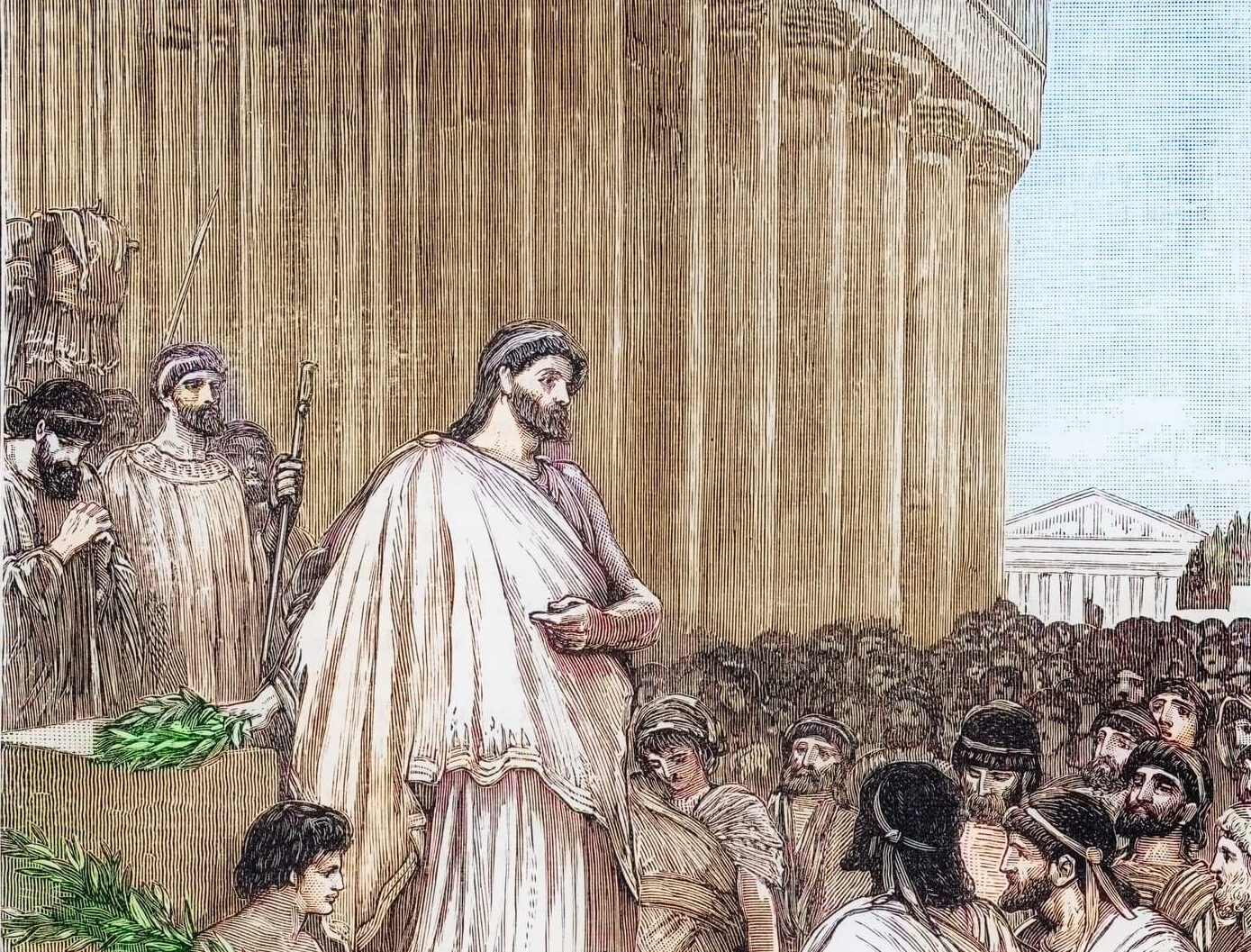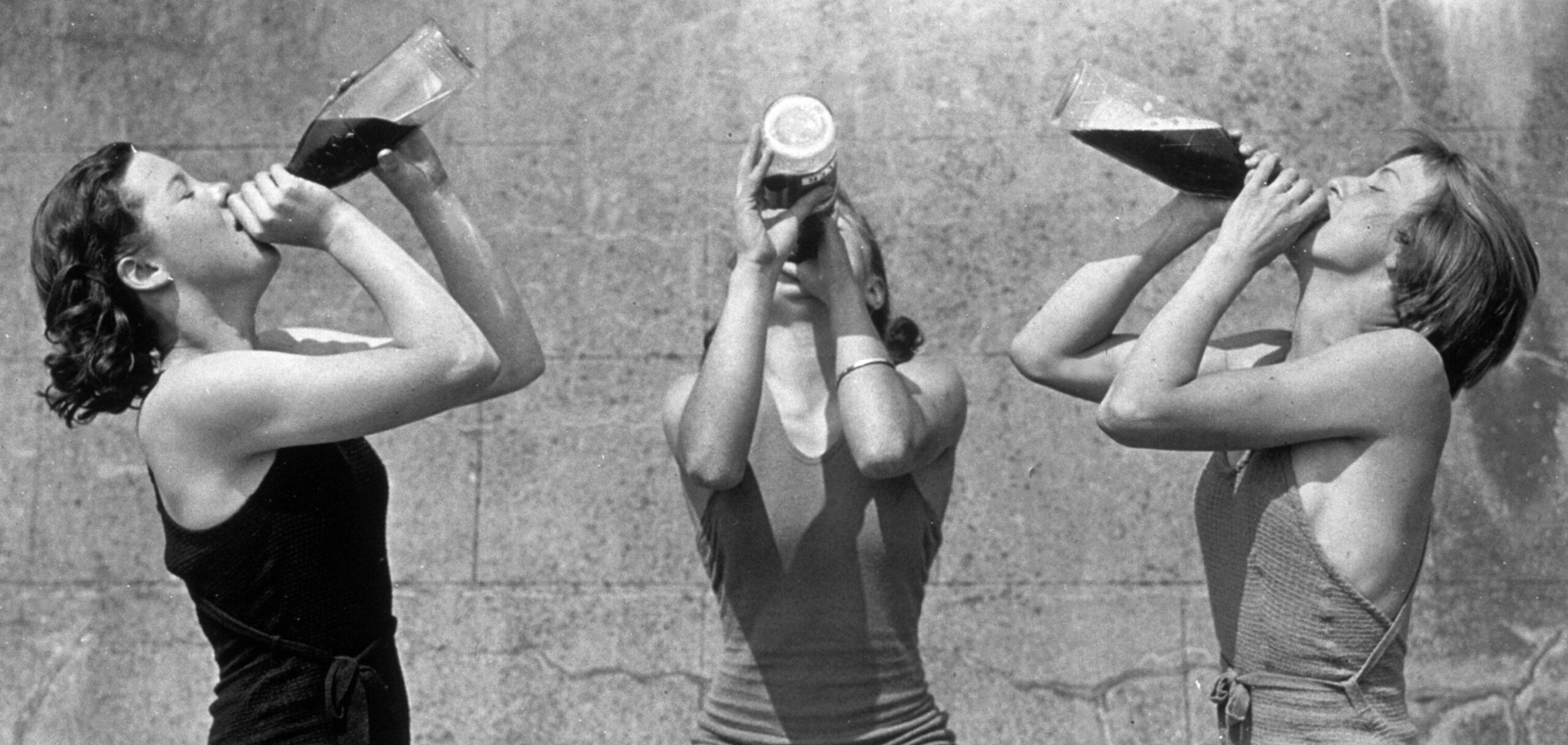Walk with Me: An Invitation to Faith
By Neal B. Freeman
(National Review Books, 2021)
While waiting delivery of Neal Freeman’s latest book, I revisited Skirmishes, his collection of previously published essays, forewords, introductions, and speeches. And why not? Freeman’s prose is a jaunty blend of Ivy League learning, polished urbanity, syntactic originality, big words, and Latin phrases. And his was a productive career worth recalling. He managed William F. Buckley Jr.’s New York City 1965 mayoral campaign, produced Firing Line, and joined the C-suite at Hearst before founding the Blackwell Corporation and accepting President Reagan’s appointment as director of the Corporation for Public Broadcasting.
For no profound reason, I flipped to the “People: Appreciations, Intros, and Obits” section in Skirmishes. There, along with sixteen recognizable names in government, law, publishing, and business, was Caleb Fox. A catchy name, it did not ring a bell with me from my reading four years ago, so I thought to start with him.
I’ll leave it to the curious reader to pick up Skirmishes and find out why Freeman thought it important to provide the following statement about his relationship with the departed: “I’m a flighty New Englander who keeps his religion to himself. At my home church in north Florida, I have great difficulty getting with the testimonial program. I’ve never proselytized anybody in my life.” The lone eulogy in the section, it was prologue for what was to come.
I should get out of the way what Walk with Me is not: a contemporary conversion story featuring Pauline special effects; nor does it promise such a fantastic experience. Instead, Walk with Me is one man’s candid expression of faith, intoned in a literary, learned, and lively voice.
A descendant of Mayflower passenger William Brewster and the colonial luminary William Bradford, Freeman knew early in his formative years something was missing from the distinguished lineage. Not one of his ancestors, he explains, “had bequeathed to me their own faith in God. . . . It must be in there somewhere . . . but I just couldn’t find it. I was white, Anglo, and Saxon. . . . But was I really Protestant? . . . Even now, it pains me to admit that I was not.”
Freeman is also not Catholic. But his wife, Jane, and their children are. Which makes for some entertaining narrative about Freeman’s “wedding-day duress” in a Catholic church and his valiant effort over the years to accompany “Miss Jane” to Mass. “There was,” Freeman admits, “never much to talk about on the way home.” But Freeman, who points out that most of his closest friends are Catholic, carefully justifies why “for me at least, and for now at least, all roads do not seem to lead to Rome.”
Anyone who has attended an Episcopal service since “the middle of the Sixties,” Freeman argues, will appreciate the chapter titled “The Decline and Fall of the Protestant Sermon.” The chapter about Christopher Hitchens, “The Kitchen Debates,” is a fitting remembrance of the “refulgent” Brit who “establish[ed] himself the gold standard guest for talk-show television.” In “The Road Taken,” an appraisal of “the much underrated Matthew!” should prompt readers to pick up the Good Book and share Freeman’s delightful discoveries in the apostle’s scripture.
At the center of Walk with Me, indeed the fourth of eight chapters, is the value of prayer. So meaningful it is, an excerpt from this section takes up the entire back cover. Freeman admits being new at “this business” of praying, his “devotional habits unformed” and needing some structure. He turned first to Belloc and Chesterton, who left Freeman’s question of when and why to pray unresolved, and finally to C. S. Lewis, whose didactic insight provided the answer: sometimes prayers are answered and sometimes they are considered but rejected for something beyond the self—i.e., the greater good of humanity.
Walk with Me also includes thoughtful examinations of Malcolm Muggeridge, Walker Percy, and Evelyn Waugh, whose remark that religion is what makes him a human being captures “the self-wisdom” Freeman says is the visa required for a journey in faith. Nothing is easy about taking this walk, Freeman writes, for “you will have to make your own way toward faith . . . always coming closer but never quite arriving at perfect faith.”
The walk begins with one step, and Freeman has logged many miles: “I am well along in my own journey—thanks to Malcolm [Muggeridge], I see it less of a meandering and more of an unfolding—and it is beginning to feel very much like the path toward home.”
Freeman ends the little book with his morning prayer, three quatrains asking the Lord to open his eyes so he can see; his ears so he can hear; and his heart so he can love. What could be a more fitting way to start the walk in faith than with humility?
William F. Meehan III has written for the University Bookman and Intercollegiate Review.















